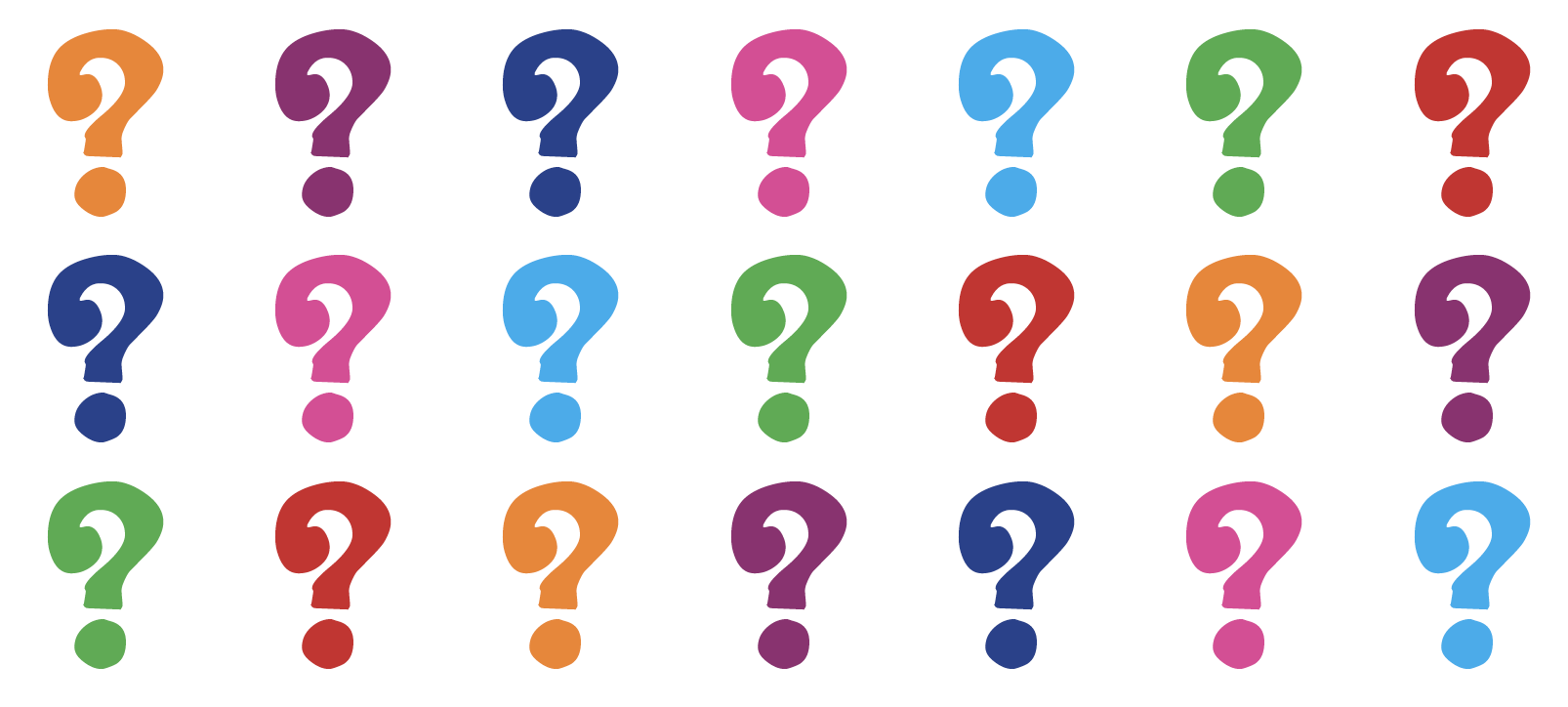When anyone needs an answer, he makes a query which when written ends in a particular punctuation symbol called a question mark (?). Take a look at this sample:
She asked, “Are you happy to be home?” The question mark is also called an interrogation point, note of interrogation, or question point.
Where do you put a question mark?
 Direct questions that require responses have question marks at the end as all punctuation marks should be. When reading sentences with question marks, there is an upward inflection. Another form of query is an indirect question and does not require a question mark,
Direct questions that require responses have question marks at the end as all punctuation marks should be. When reading sentences with question marks, there is an upward inflection. Another form of query is an indirect question and does not require a question mark,
Here are some examples of sentences that have a question mark at the end:
- Will you be taking the Spanish class?
- How many days are in the month of August?
- Did you order anything from the menu?
Some few examples of indirect questions that are followed by a period include:
- I wonder whether she will be taking the Spanish class.
- She/he was asked how many days are in the month of August.
- I would like to know whether you ordered something from the menu.
What are the rules of question mark?
Here are a few examples of how the mark supersedes and replaces the comma that would grammatically belong in its place.
- “Why did you arrive late? and where will you sit, for that matter?” asked the teacher.
- “Do I put a period at the end of that sentence? and why can’t I use an exclamation point?” the student asked.
Question marks are used as part of a title of work but retain the syntactically necessary comma. It should be noted that whenever the mark is part of the italicized title, it is also done in italic and the preceding comma is not italicized. If the question mark is not part of the title, then it is not italicized.
- Have you watched Are We There Yet?, the movie by Ice Cube, that inspired him to do more films like Ride Alone?
- How Will I Know? by Whitney Houston, is one of my favorite songs.
Can you put a question mark after a statement?
Remember when the question mark in the title comes at the end of a sentence that would itself require a punctuation mark such as another question mark or period, the additional question mark or period is excluded.
Use a question mark when expressing or to indicate uncertainty in a sentence. For example.
- The coach insisted that he was 10(?) pounds above the maximum weight level required.
- According to my granddad, the company began in the year 1932 [1933?], but his brother was running the day to day operations back then.
Finally, requests that are phrased as questions should not end with a question mark but with a period since they are commands to action. Here are two examples.
- Would you please clean after yourself.
- Will you try and get space for two on the first row.
Now, do you know how to use a question mark? Are you confident enough to mark questions with a question mark?


 Clap
Clap
